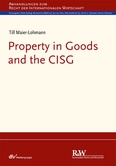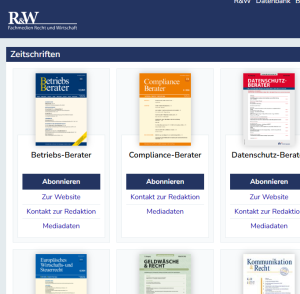V. Conclusion
338
While under a typical sales contract sellers are obliged to transfer the legal interest they have in the goods to the buyer, the envisioned transfer of property is not a prerequisite for a sales contract under the CISG, and the parties may deviate from this obligation of a standard sales contract. For a contract to be subject to the CISG, it must include a transaction of goods against payment. To this end, the goods are sufficiently allocated to the buyer when, as between the parties, the buyer permanently receives the benefits and use of the goods, and the seller does not bear the risk of haphazard loss of or damage to the goods and no longer retains any legal interest in them. This proposed solution and its decoupling from national concepts like property not only guarantees compliance with Article 7(1) of the CISG, but also provides a line of reasoning that might lead to more legal certainty for parties in international trade: Given the characterization of credit sales under which the buyer is allowed to consume the goods before payment by English courts and the (non-binding but persuasive) authority these judgments represent for many courts in common law countries whose sales laws are closely modelled on the Sale of Goods Act 1893/1979, the risk that these courts might transplant the uncertainty produced under English law to the CISG is palpable. On a highly theoretical level, one could find reasons regarding property why contracts comparable to the agreement underlying The Res Cogitans could be considered CISG sales contracts. But the insight that property has no relevance in defining a sales contract under the CISG gives these courts more obvious and accessible reasons not to transplant the reasoning from English law, and to find a truly uniform scope of application of the CISG. Parties worldwide could, hence, be more certain that safeguarding the purchase price with a retention of property clause or by similar mechanisms



